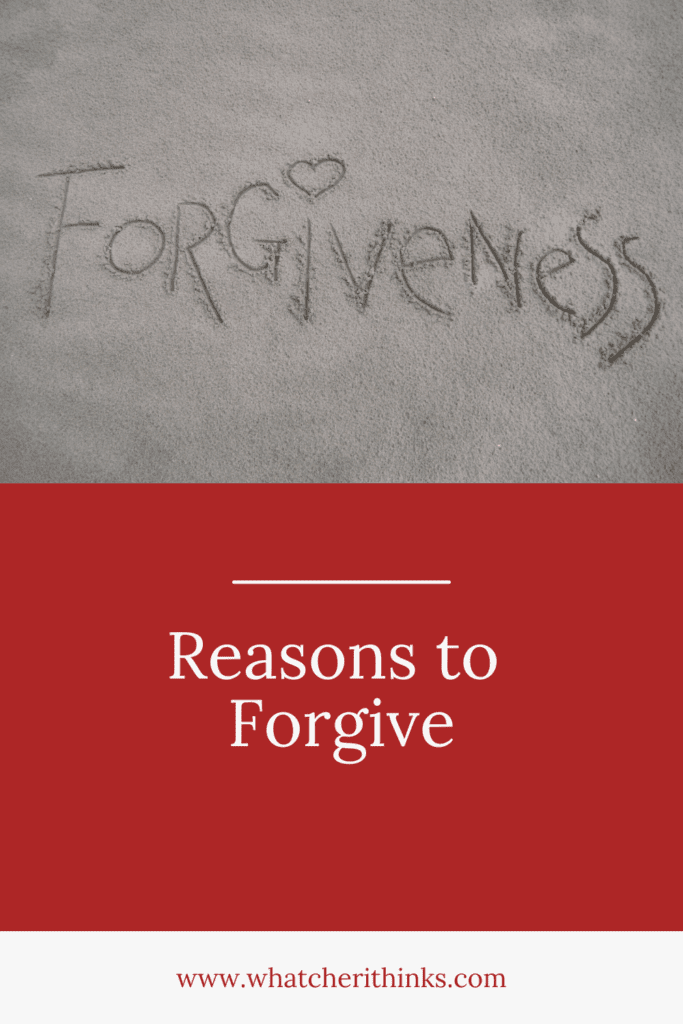How to Forgive Someone: A Step-by-Step Guide to Healing and Letting Go
How to Forgive Someone: A Step-by-Step Guide to Healing and Letting Go
Blog Article
Comprehending the Significance of Forgiveness in Recovery Relationships
Forgiveness is commonly viewed as a straightforward act of letting go, yet its value in healing connections expands much beyond simple absolution. What continues to be to be revealed is the profound impact mercy can have on individual growth and common harmony.
The Interpretation of Mercy
Although mercy is frequently regarded as a straightforward act of releasing, its meaning incorporates an intricate interaction of psychological and emotional processes. At its core, forgiveness is the conscious decision to release sensations of bitterness or revenge towards a specific or team that has created injury. This procedure is not simply regarding absolving the wrongdoer; rather, it includes a profound emotional transformation that can cause individual development and recovery.
Forgiveness is multifaceted, often defined by an individual's internal battle to integrate their discomfort with the need for tranquility. It calls for acknowledging the wrongs committed, processing the connected emotions, and inevitably deciding to move on without the worry of bitterness. This option often entails a cognitive change, where one reframes their understanding of the criminal and the transgression, enabling compassion and comprehending to emerge.
Significantly, forgiveness does not indicate excusing the behavior or neglecting the violation; it is a purposeful act that prioritizes psychological well-being. By specifying mercy in this way, we can appreciate its duty in facilitating much healthier relationships and promoting emotional resilience, setting the phase for deeper expedition into its benefits.
Psychological Benefits of Mercy
Mercy provides significant psychological benefits that can exceptionally impact an individual's psychological health and total health. When an individual selects to forgive, they proactively release sensations of anger, resentment, and anger, which can or else develop a heavy psychological burden. This release often causes a decrease in tension and stress and anxiety, advertising a sense of peace and psychological stability.
Moreover, mercy fosters an enhanced ability for compassion and empathy. By understanding the perspective of the wrongdoer, people can grow a much deeper psychological resilience, which boosts their capacity to deal with future challenges. This process not only enhances psychological law yet also adds to an extra favorable expectation on life.
In addition, flexible others can enhance one's self-esteem and self-worth. It allows people to reclaim their personal power, breaking without the unfavorable cycles of victimhood - The importance of forgiveness. This newly found empowerment can cause much healthier psychological feedbacks and more powerful social partnerships
Mercy vs. Settlement
The distinction between mercy and reconciliation is vital in recognizing the characteristics of healing connections. Forgiveness is an inner procedure wherein an individual chooses to allow go of bitterness and negative sensations towards a person who has actually caused harm. It is primarily a personal trip, concentrated on psychological launch and self-healing, enabling one to move on without carrying the problem of past grievances.
On the other hand, reconciliation entails rebuilding and bring back the connection to a state of trust and shared respect. This process frequently calls for open communication, energetic engagement from both events, and a commitment to addressing the underlying concerns that brought about the conflict. While forgiveness can happen independently, settlement requires the determination of both individuals to participate in discussion and pursue a shared understanding.
It is crucial to note that mercy does not constantly lead to settlement. An individual may forgive one more without deciding to recover the connection, particularly if count on has been irrevocably damaged or if the connection is deemed undesirable. Understanding this difference enables people to navigate their feelings effectively and make notified choices concerning their relationships.
Actions to Cultivate Forgiveness
Growing mercy is a purposeful procedure that entails a number of essential actions intended at promoting psychological recovery. The visit this web-site initial action is recognizing the discomfort brought on by the violation. Identifying one's sensations is necessary, as it enables people to process their emotions truly.
Following, reflecting on the incident and understanding its impact can supply quality. This representation needs to include analyzing the inspirations behind the wrongdoer's activities and acknowledging that everybody is fallible.
The 3rd step includes making an aware decision to forgive. This decision is important, as it indicates a determination to let go of resentment and relocate forward.
Ultimately, sharing sensations in a useful fashion can be valuable - The importance of forgiveness. Whether through journaling, chatting with a relied on buddy, or looking for therapy, expression of feelings can aid in the forgiveness trip
Real-Life Examples of Forgiveness

In an additional example, a dense team of friends dealt with a considerable break after one member unintentionally shared an exclusive trick. Rather than nurturing bitterness, the influenced close friend decided to forgive, understanding the value of valuing the relationship over the error. This decision encouraged open discussion and eventually enhanced their link.

Verdict
In final thought, forgiveness plays a critical duty in the recovery of connections by facilitating the launch of adverse emotions and promoting compassion. By comparing mercy and reconciliation, individuals can participate in a constructive procedure that improves psychological wellness. Carrying out actions to cultivate forgiveness can cause transformative end results, reinforcing links and advertising an encouraging environment. Inevitably, the method of mercy offers as a catalyst for personal growth and visit our website the nurturing of index much healthier interpersonal dynamics.

Report this page